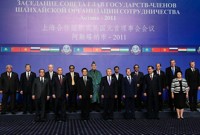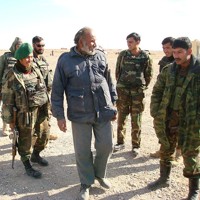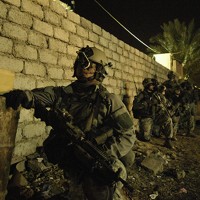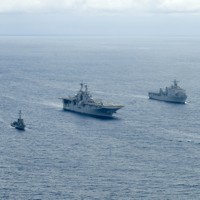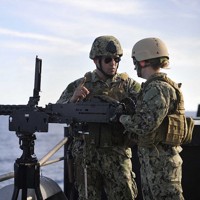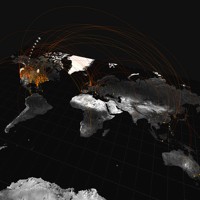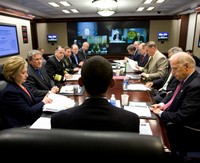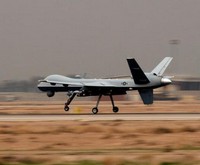
As international negotiators prepare for the next round of talks with Iran over its nuclear program, scheduled in Moscow for June 18-19, the United States faces a 21st century version of a “Stevenson moment.” In 1962, in a forceful presentation backed by compelling photographic evidence at the United Nations, Ambassador Adlai Stevenson made the case that the Soviet Union was installing nuclear weapons in Cuba. In addressing Soviet Ambassador Valentin Zorin in the chamber of the Security Council, Stevenson pointedly declared, “Let me say something to you, Mr. Ambassador. We do have the evidence. We have it, and it is […]

